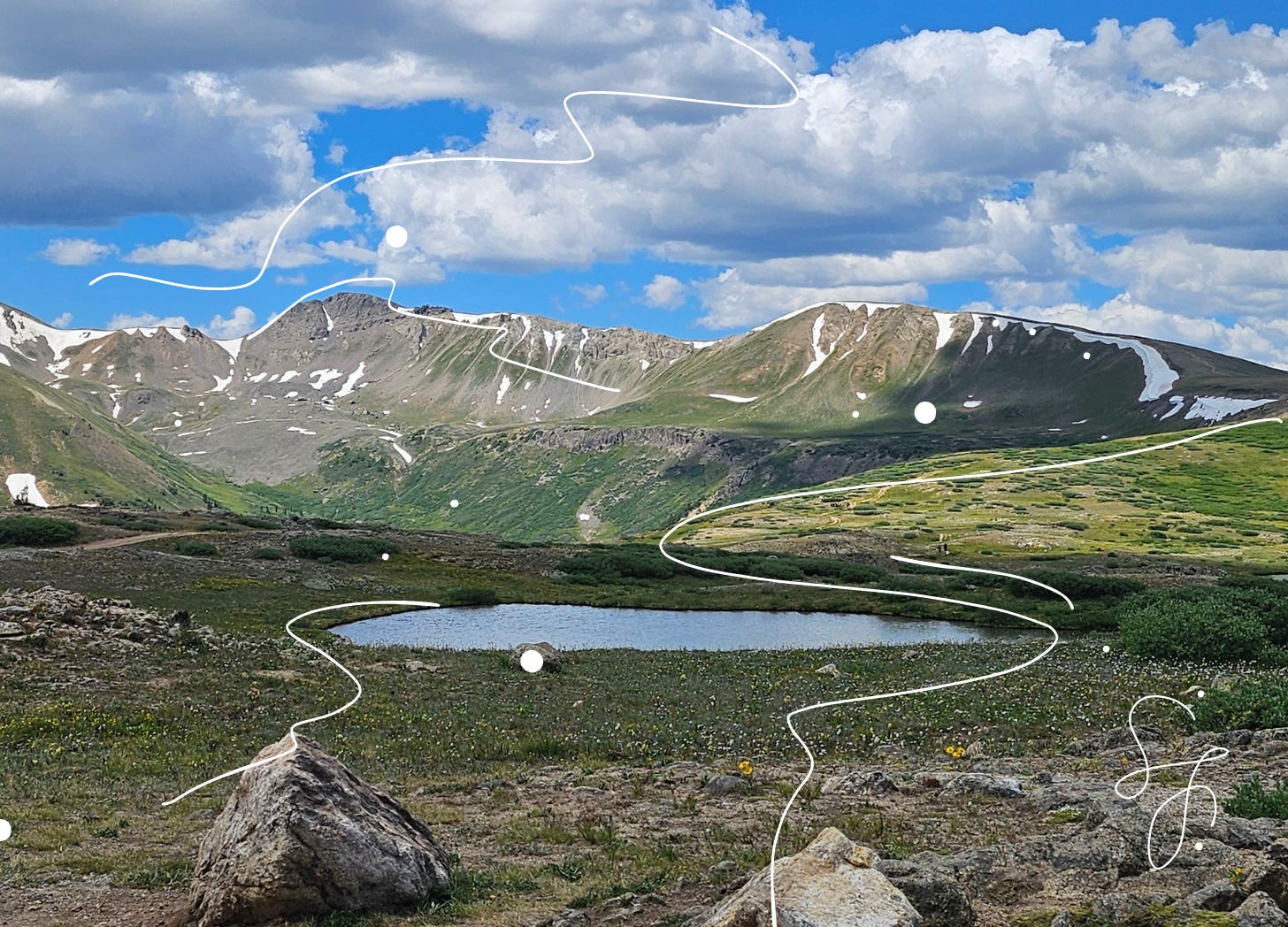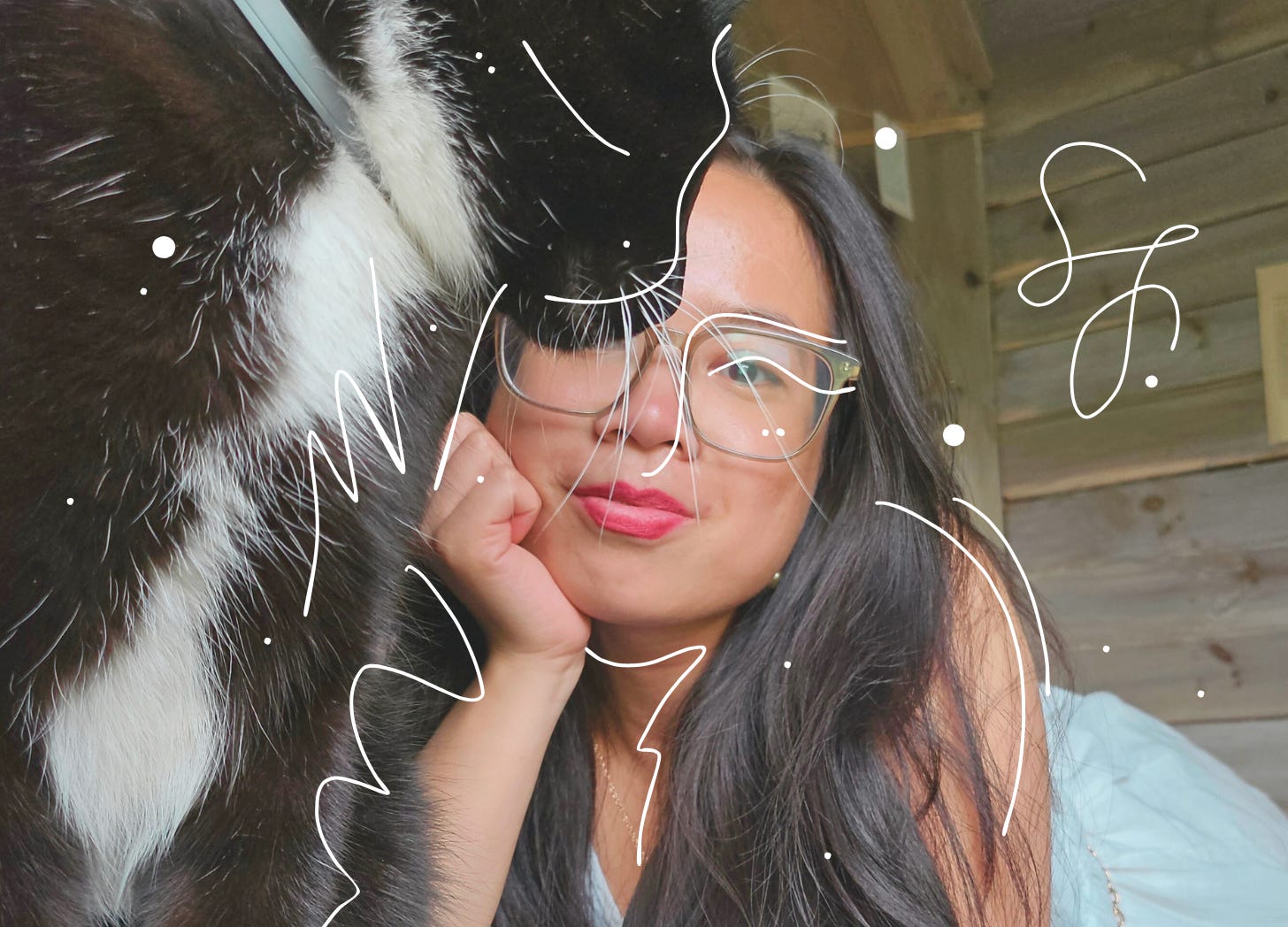Shortly before graduating high school, I sketched an ambitious life plan on a piece of lined paper torn from the back of my school notebook. The backbone, from which hung several other goals now forgotten, was this: Graduate college with honors in 4 years, win a prestigious national award in 6, publish my first book in 7. I pinned this flimsy sheet over my desk where, every weekday that final summer before college, I would watch free online lectures on literature and philosophy from Ivy League universities based on a syllabus I made up. Much of it I don’t remember, having been thoroughly unprepared for the material, but I recall dragging myself to the chair, still groggy, to watch a lecture on philosophical perspectives on death and mortality.
This sounds embarrassingly pretentious to divulge, but you must understand: at that point, I felt I had to play catch-up. I knew writing was always going to be a part of my life and that many of my dreams will center around literature, but I was heading fast into a biology undergraduate program I knew would leave me little time to read and write. The combination of misguidance, the lack of exposure to anything remotely creative in high school, a sense of pragmatism developed by most eldest daughters, and disparaging comments about the arts from those around me led me to apply for STEM programs in all the universities I applied to in my senior year. The acceptance letters, to me, bore great and sad news both, but I kept the small dread secret, believing it would eventually go away. I resolved to pursue the respectable career of a molecular biologist (virology and genetics were my favorite fields then), but the Life Plan involving writing continued to hover literally over my head, and somehow I had to chase it no matter the cost: a rigorous STEM degree with good job prospects, freelance work squeezed within breaks and holidays, an average of four hours of sleep a night some semesters. The alternative, which was failing to live up to my own unrealistic expectations, was laughably, stupidly unthinkable.
Nearly a decade has passed since, and I look at the ruins of my Life Plan with a tender understanding. Of course none of it happened. I graduated a semester late because I immediately (and secretly, to my parents’ surprise) left the College of Science thanks to a phenomenal English 12 class that made me realize I must study literature. No national awards have been won, no books have been published, though I came close with an award-winning chapbook and thesis. Moving to the US was nowhere on my plan either, nor was getting married at 25, nor the hundred other wonderful and unpleasant things I couldn’t have imagined for myself. Funnily, I do find myself back in the world of STEM as the marketing & communications director of a science museum where my background in both science and the humanities found room to stretch its legs.
And, of course, a Life Plan anchored on accomplishments and accolades is doomed to begin with. It was all my seventeen-year-old self knew though: a self-worth gained through conventional metrics of success.
Happily, I have stripped myself of that illusion, but in some ways I am as lost as I was all those years ago. I still don’t really know where I am going or what the signs of being on the right path are, but the key difference is I don’t mind as much. I care less about what my next step is and more about my ability to take it when it comes. Do I have the strength of mind, body, and spirit to face whatever I find? Can I now discern instinct from impulse? A challenge to overcome from a situation to abandon?
The gift of my early adulthood has been to face those questions. In the stumbling from my terrible and brilliant decisions, the seemingly pointless exercises in discipline, the short-lived hobbies and relationships, I have begun to distill a sense of self equipped with the fortitude to face the world with honesty. Most of the work, I think, lies in relinquishing my comfortable little deceptions, the statements about myself and the world I have come to accept but shouldn’t. I’d look at the forest I’m lost within and project all my fears and expectations upon the trees, when, all this time, I could be studying the patterns of light, listening for the sound of a stream, building myself shelter to sleep under. I’d follow an impulse to keep walking blindly because shouldn’t I have found the trail by now, when anywhere I am is the trail. This inwardness could be mistaken for individualism, but through it I have found my way back into the world, clearer and with a surer stride, through the porosity I came to find. The strength of my shoulders, the migration of birds, desert architecture, the difference between right and wrong, monuments of a revolution — these belong to the same image, after all.
In this hard-won inner quiet, I have heard my instinct, a voice like a force, inaudible but discernible, a mere ripple in the air, honed as hummingbird, deeply moving. I can find myself anywhere, because I am sand and sunlight, fur and caterpillar, woman and wanderer, decay and leaves of evergreen. Tread playfully.




The art of finding our way or ourselves as we learn the way of being lost...